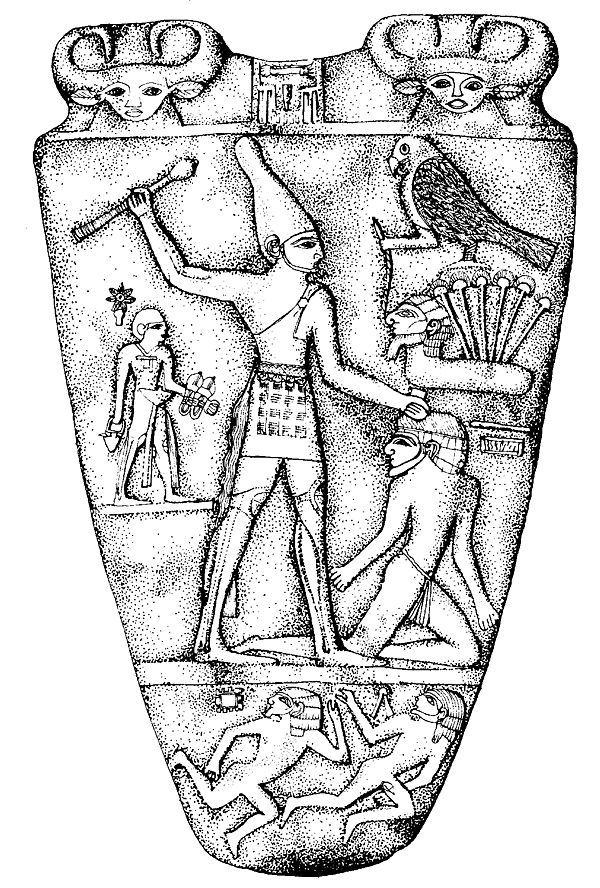
In an attempt to illustrate the role of ignorance and inaction in government in the face of the threat of foreign invasion and influence, Narmer, the Unifier of Kemet and the first Pharoah, spoke these words to a gathering of his elders:
How do you kill an ant? Mix honey with pepper. Keep it close to the ant hill. Wait patiently for the ant until it crawls out and eats. After eating, it may search for water in a water pot. When the ant climbs in, push it, and let it wade in wetness. After that, the ant may attempt to dry itself near a furnace. Adequately oil the firewood. When the ant approaches the fireplace, drop a torch on the wood and blow it out. Take the wounded ant to the priest. The ant will be wrapped in herbs. Now the ant is safe in the Temple. However, at night, sneak into the Temple and remove the wrappings and stab the ant to death.
The elders laughed, seemingly amused with such a stratagem. But Narmer instantly made it clear that the story only went to portray, ‘our reaction to foreign governments, or as others like it, foreign influenced governments in our nation’.
The elders took offense and demanded that Narmer be beheaded. And Narmer asked, ‘How? In the same way you kill an ant?’
Narmer went on to become the greatest warrior in antiquity. Ancient Egyptian records attest to his valor and his mercilessness. Unlike his descendants, like Tahaka and Hannibal, Narmer was a stickler to and a believer in the due process of war, and the cleansing, he believed, of the land of foreign influence.
Though his exploits are great and innumerable, his lack of mercy to the people he conquered, having never lost a battle, is what was unparalleled. But his nature at war goes a long way in explaining how his anger had evolved and brewed over time, at the persistence of the ignorance and inaction in Kemet.
Africa is yet again plagued with similar ignorance and profound inaction on the part of government and our elders. If Narmer were alive today, his story to his elders would have had a resounding urgency in the minds of all Africans.
To postulate on what he would have done, what he would have accomplished, baring the mercilessness, will not be further from the truth. It is a big shame, and a big fat shame at that, that Mother Africa can no longer boast of brave and selfless sons as Narmer.
Today the continent is summarily invaded. We do not determine the prices of goods we produce, if we produce them. We do not have an influence in the world if we wanted to, and we do not even govern ourselves, since capital is easily flown into our states to determine the outcomes of democratic elections and even our civil wars.
And when we manage to enstool a strong leader at great cost, like Kwame Nkrumah or Muammar al-Gaddafi, besides their idiosyncrasies, and no matter their shortcomings, we are still not allowed the right to agree nor disagree with them in our own time.
Worse, Africans, or Black People, are pathologically hated the world over for absolutely no practical reason. We are not human in the eyes of Europeans. We are scourged products of a Chinese god’s creation machine, and we are certainly just mules for the rest.
So, it must not be a far shot, nor is it a far cry, to ruminate on what Narmer would have done. What he would have accomplished and how he would have stood up on principle, and principle alone, for Africa and for humanity.
Perhaps, history will have a way of repeating itself, or at the least, if not at all, rhyme with us!










We have to realise that we have no friends nor brothers anywhere in the world as Black Africans, we have no family too, with the exception of a few Blacks outside of KEMET (Africa) who see us as family. Excellent article.